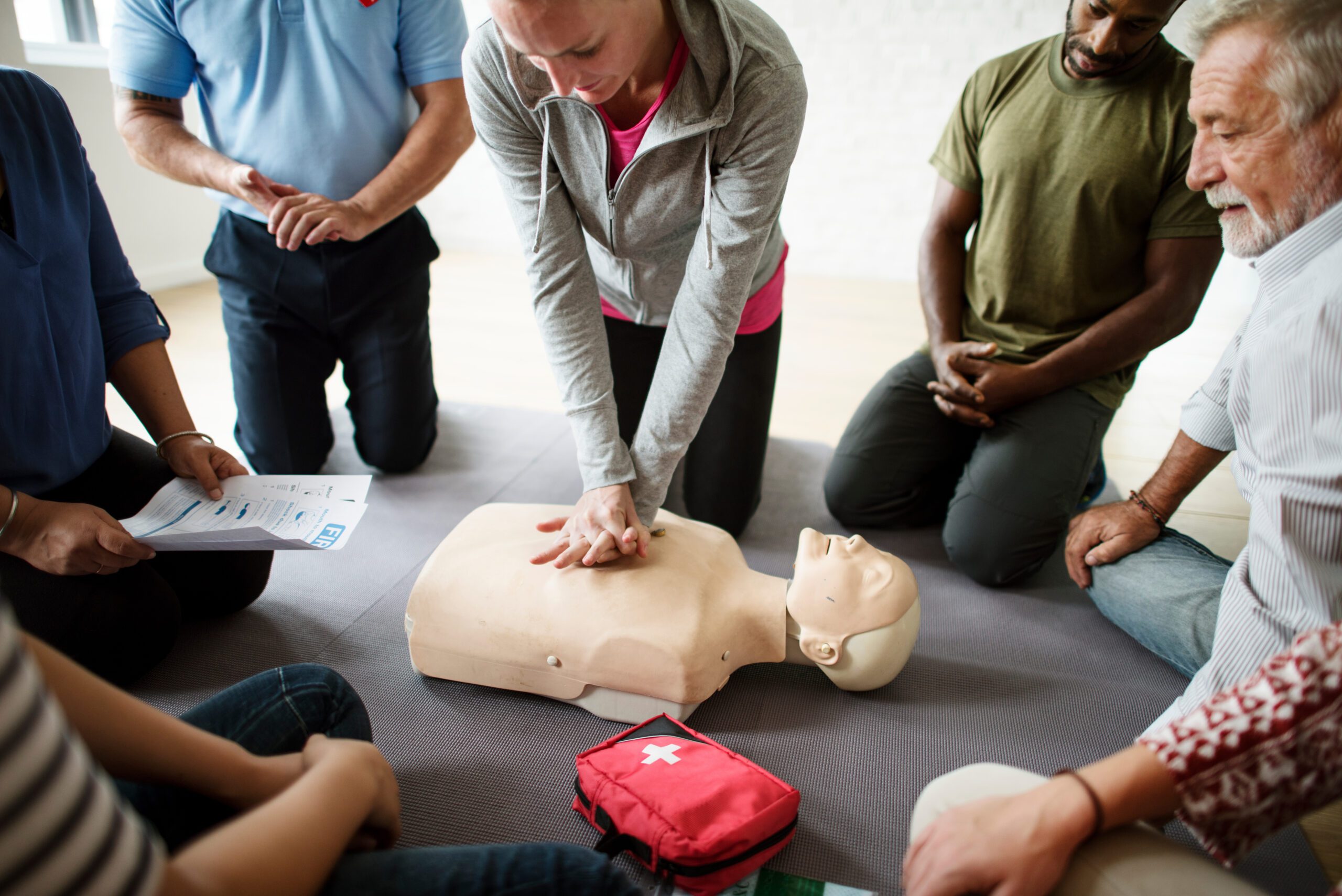 In the realm of commercial property management, ensuring the safety and well-being of occupants is paramount. A critical component of any comprehensive emergency preparedness plan is the inclusion of certified CPR and first aid training for staff. This education not only equips individuals to respond swiftly and effectively in the event of a medical emergency but also significantly enhances the overall safety infrastructure of a building. Below, we explore the indispensable role of CPR and first aid training within emergency preparedness strategies for commercial properties and offer guidance on organizing effective training sessions for staff.
In the realm of commercial property management, ensuring the safety and well-being of occupants is paramount. A critical component of any comprehensive emergency preparedness plan is the inclusion of certified CPR and first aid training for staff. This education not only equips individuals to respond swiftly and effectively in the event of a medical emergency but also significantly enhances the overall safety infrastructure of a building. Below, we explore the indispensable role of CPR and first aid training within emergency preparedness strategies for commercial properties and offer guidance on organizing effective training sessions for staff.
The Critical Importance of CPR and First Aid Training
In today’s fast-paced world, emergencies can occur at any moment, turning ordinary days into pivotal moments that demand immediate and effective responses. The critical importance of CPR and first aid training cannot be overstated, especially in commercial settings where the density of occupants increases the likelihood of medical emergencies. This segment underscores the necessity of equipping staff with the skills to act quickly and confidently, ensuring they are prepared to make a real difference when seconds count. It’s not just about fulfilling a requirement; it’s about fostering a safer environment where life-saving interventions become a tangible reality.
 Immediate Response: In the crucial minutes following an accident or health emergency, the immediate actions taken can often mean the difference between life and death. CPR (Cardiopulmonary Resuscitation) and first aid training empower building staff with the knowledge and skills to provide essential assistance before emergency medical services arrive.
Immediate Response: In the crucial minutes following an accident or health emergency, the immediate actions taken can often mean the difference between life and death. CPR (Cardiopulmonary Resuscitation) and first aid training empower building staff with the knowledge and skills to provide essential assistance before emergency medical services arrive.- Confidence in Emergency Situations: Trained individuals are more likely to remain calm and focused during an emergency, ensuring a swift, efficient response that can mitigate the severity of injuries and improve outcomes.
- Fostering a Culture of Safety: Offering CPR and first aid training demonstrates a commitment to safety and well-being, creating an environment where both tenants and staff feel valued and protected.
- Legal and Compliance Benefits: In many jurisdictions, having a specific number of staff members trained in CPR and first aid is not just encouraged but required by law for commercial properties. Compliance with these regulations can prevent legal issues and potential fines.
 Integrating CPR and First Aid Training Into Emergency Preparedness Plans
Integrating CPR and First Aid Training Into Emergency Preparedness Plans
Creating a resilient emergency preparedness plan is a multifaceted endeavor that requires careful consideration and strategic planning. At the heart of this plan is the integration of CPR and first aid training—a vital step that transforms theoretical safety protocols into actionable, life-saving measures. This section delves into the practicalities of weaving CPR and first aid training into the fabric of emergency preparedness strategies, offering a blueprint for building owners and managers dedicated to cultivating a safe and prepared environment. From assessing specific needs to selecting the right training provider and ensuring ongoing education, this guide serves as an essential roadmap to enhancing safety protocols with skilled and knowledgeable staff.
 Assessment of Needs: The first step in integrating CPR and first aid training into your emergency preparedness plan is to assess the specific needs of your property. Consider the size of your building, the number of occupants, and any unique risks associated with your property’s location or use.
Assessment of Needs: The first step in integrating CPR and first aid training into your emergency preparedness plan is to assess the specific needs of your property. Consider the size of your building, the number of occupants, and any unique risks associated with your property’s location or use.- Selecting the Right Training Provider: Choose a reputable training provider that offers certification recognized by health and safety authorities. Total Fire Protection provides comprehensive CPR and first aid training programs tailored to the needs of commercial properties, ensuring that your staff receives high-quality, effective training.
- Scheduling Training Sessions: Organize training sessions at times that minimize disruption to your operations. Consider offering multiple sessions to accommodate all employees. Ensure that the training includes hands-on practice in addition to theoretical learning, as practical experience is crucial for retaining life-saving skills.
- Regular Refreshers and Updates: CPR and first aid guidelines can evolve, so it’s important to schedule regular refresher courses to keep your staff’s knowledge and skills up to date. Encourage staff to stay informed about the latest best practices in emergency medical response.
- Creating a Responsive Team: Beyond individual training, consider establishing a designated emergency response team within your staff. Members of this team should receive additional training to coordinate emergency responses, including communication with emergency services and evacuation procedures.
- Publicizing Your Preparedness: Inform tenants and visitors about your staff’s training in CPR and first aid. Displaying certificates and signs can reassure occupants about their safety and demonstrate your commitment to a secure environment.
- Review and Practice: Regularly review your emergency preparedness plan, including the role of CPR and first aid. Conduct drills to practice emergency response, including the use of any on-site first aid kits and equipment.
 Elevating Safety: The Imperative Role of CPR and First Aid Training in Property Emergency Preparedness
Elevating Safety: The Imperative Role of CPR and First Aid Training in Property Emergency Preparedness
The inclusion of CPR and first aid training within the emergency preparedness plans of commercial properties is not just a best practice—it’s a vital component of ensuring the safety and security of all occupants. By taking proactive steps to provide this training, building owners and managers can significantly enhance their emergency response capabilities, ultimately saving lives and fostering a safer community. Total Fire Protection’s dedication to life safety through its comprehensive training programs underscores the importance of preparedness in today’s world. By partnering with experts like TFP, property managers can ensure that their buildings are not only compliant with legal requirements but are also places where people can feel truly protected.
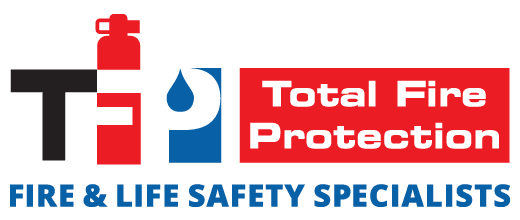
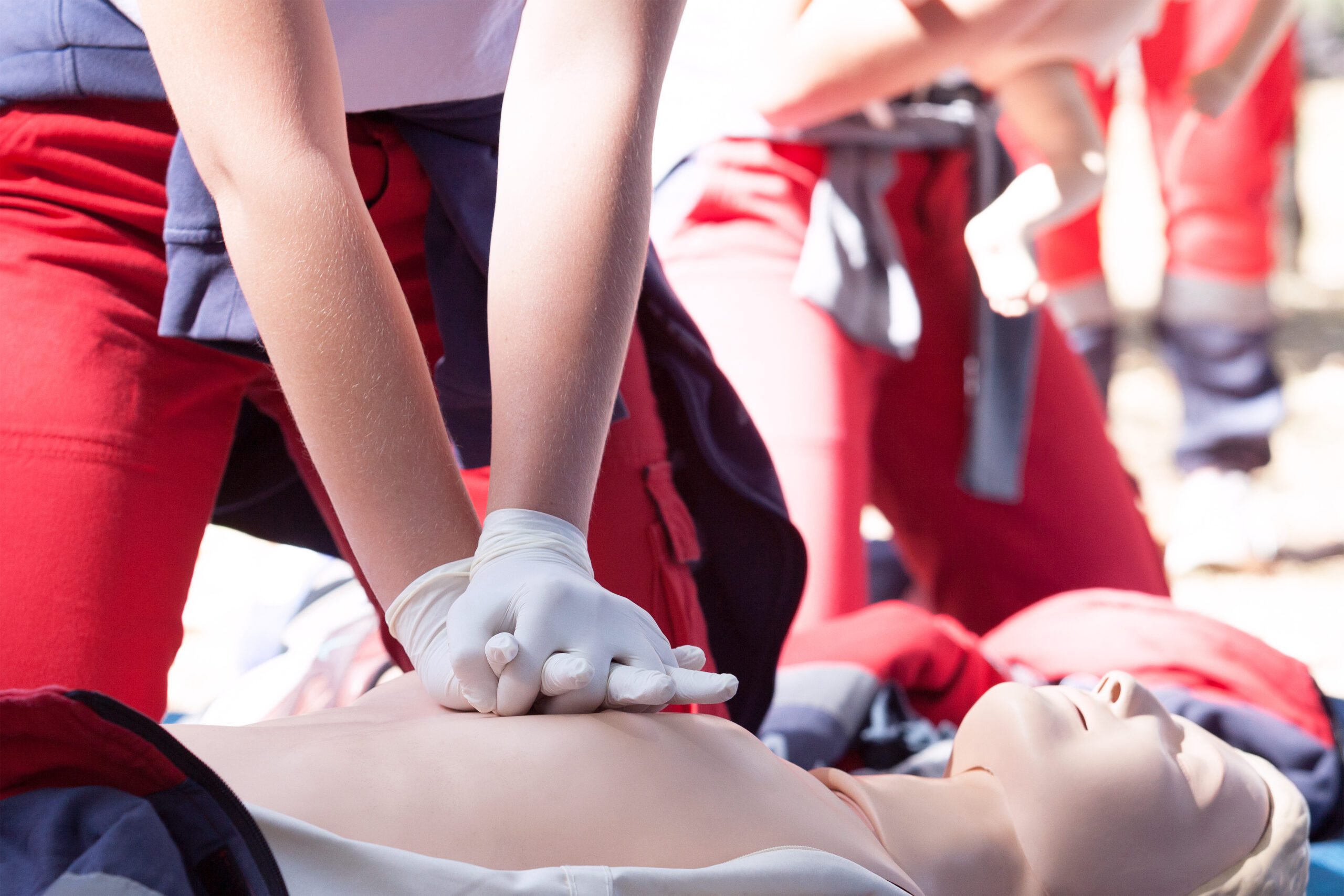 Immediate Response: In the crucial minutes following an accident or health emergency, the immediate actions taken can often mean the difference between life and death. CPR (Cardiopulmonary Resuscitation) and first aid training empower building staff with the knowledge and skills to provide essential assistance before emergency medical services arrive.
Immediate Response: In the crucial minutes following an accident or health emergency, the immediate actions taken can often mean the difference between life and death. CPR (Cardiopulmonary Resuscitation) and first aid training empower building staff with the knowledge and skills to provide essential assistance before emergency medical services arrive. Integrating CPR and First Aid Training Into Emergency Preparedness Plans
Integrating CPR and First Aid Training Into Emergency Preparedness Plans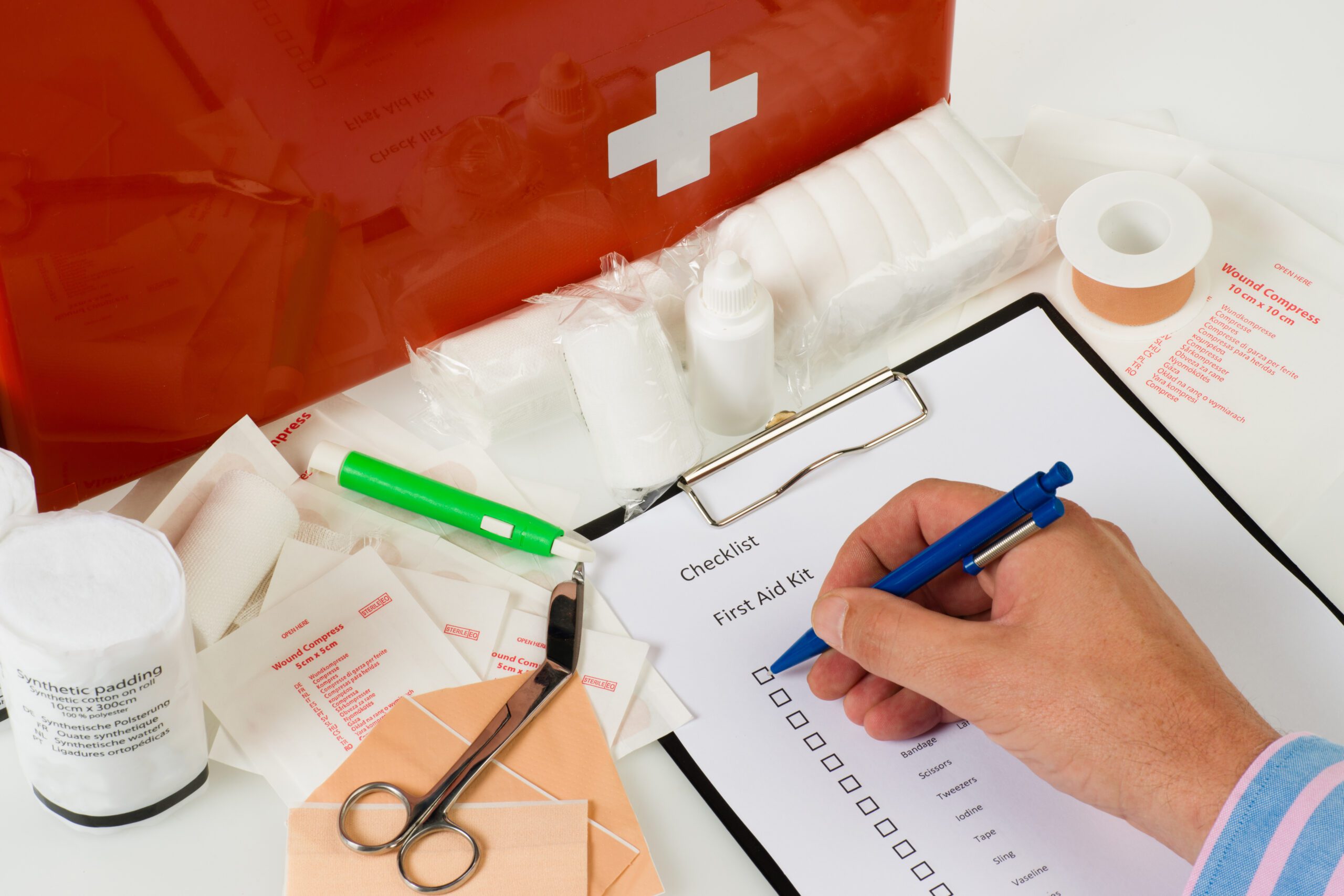 Assessment of Needs: The first step in integrating CPR and first aid training into your emergency preparedness plan is to assess the specific needs of your property. Consider the size of your building, the number of occupants, and any unique risks associated with your property’s location or use.
Assessment of Needs: The first step in integrating CPR and first aid training into your emergency preparedness plan is to assess the specific needs of your property. Consider the size of your building, the number of occupants, and any unique risks associated with your property’s location or use.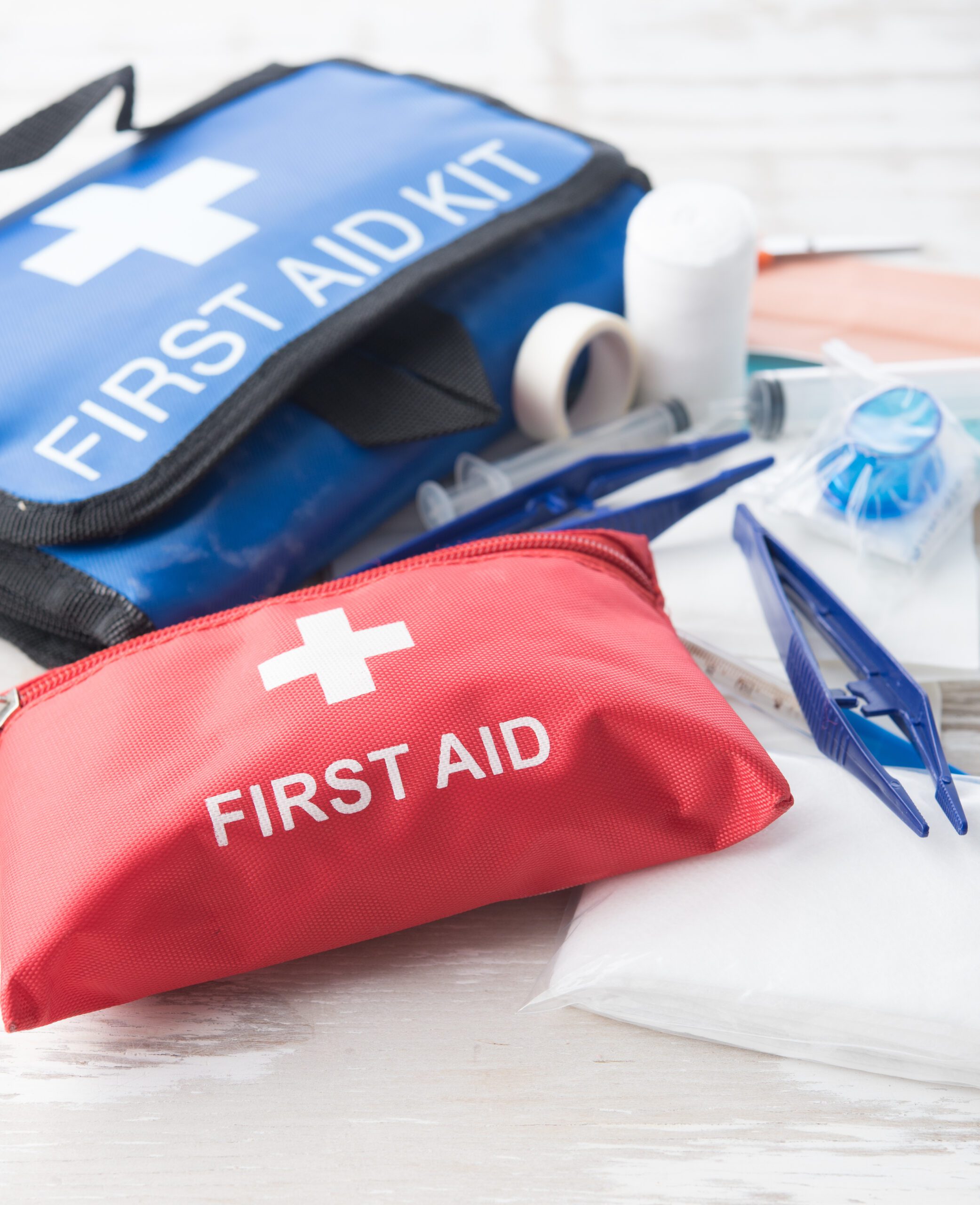 Elevating Safety: The Imperative Role of CPR and First Aid Training in Property Emergency Preparedness
Elevating Safety: The Imperative Role of CPR and First Aid Training in Property Emergency Preparedness